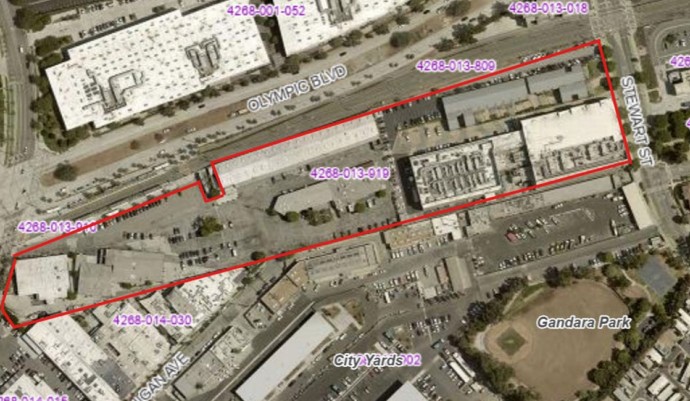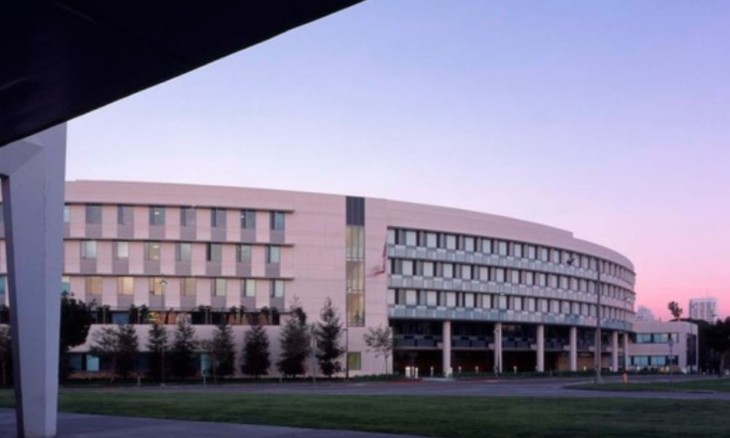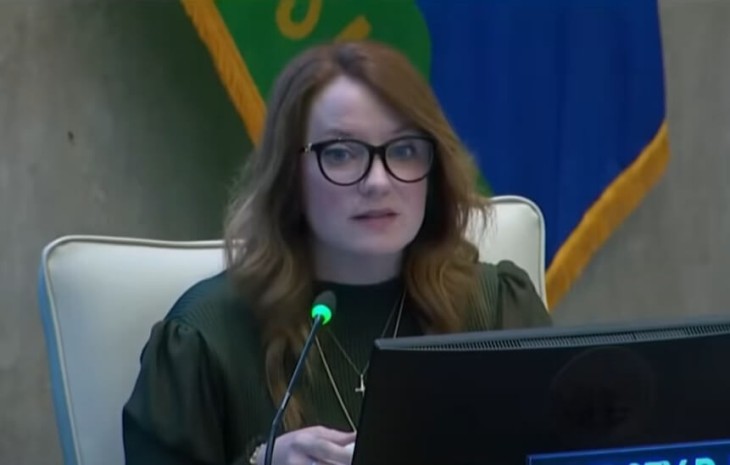The Los Angeles County Board of Supervisors could be taking a page out of Santa Monica’s policy-setting book in hoping to set a nationwide trend, as the five-member panel agreed on May 20 to a funding program in 38 cities aimed at making homes more energy-efficient.
If successful, the Property Assessed Clean Energy (PACE) could be implemented on a nationwide scale.
In the meantime, Santa Monica is reportedly expected to implement the Home Energy Renovation Opportunity (HERO) within its city limits later this month, joining other municipalities such as La Canada Flintridge, Pomona, San Gabriel, South Pasadena, and Torrance.
Council members approved Santa Monica’s involvement in HERO in November 2013. The program is voluntary and the burden of the costs to improve one’s home and make it more energy efficient falls entirely on the homeowner.
Some California cities already have tax assessment incentives available to homeowners under the HOME, which is a PACE program.
Essentially a property tax assessment program, PACE provides funding to homeowners to invest in energy-efficient products within their respective homes, including cooling and heating systems and solar panels.
The property tax assessment is also transferable. Accordingly, if a current homeowner makes some energy-efficient home improvements under PACE but then sells the property, the new homeowner would be able to continue taking advantage of the program.
PACE was available to commercial property owners across Los Angeles county since 2011. The residential portion of the tax assessment incentive was delayed thanks to concerns raised by the Federal Housing Authority (FHA).
Specifically, the FHA questioned whether lenders would overlook a borrower’s credit history in determining whether to finance an energy-efficient home improvement.
Similar to the home mortgage and foreclosure crisis of a few years ago, the FHA wanted to ensure another financing crisis could arise in light of lenders providing financing under PACE that they would not be able to collect upon later.
One supervisor, Michael Antonovich from the fifth district, vocalized the FHA concern, stating the problem with PACE is it could open the door to homeowners potentially missing payments and quickly being subject to foreclosure.
“If they missed one payment, they could be foreclosed upon,” Antonovich said.
The fifth district supervisor, who represents several communities in the northern portion of the County, also objected to PACE’s administrative fees.
Supervisors reportedly directed the Office of Treasurer and Tax Collector to review the costs and benefits of implementing the residential portion of PACE to all 88 cities in Los Angeles County.
Information from City News Service was used in this report.






















